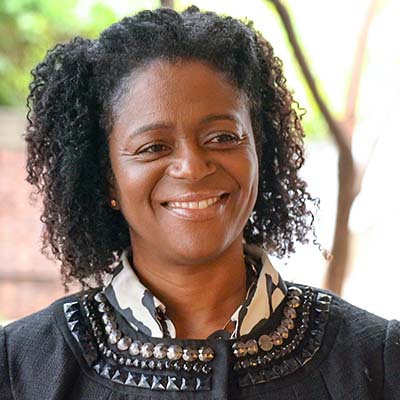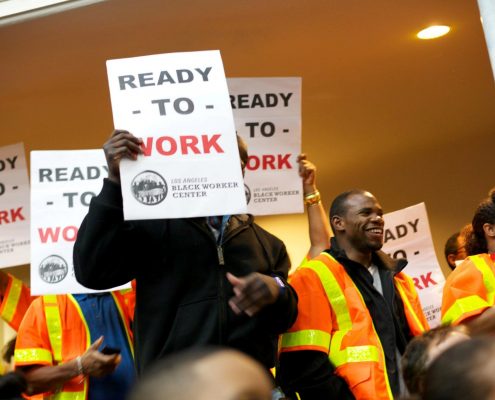Posts

Racial Equity at Work w CA Senator Lola Smallwood-Cuevas (video)
CA State Senator Lola Smallwood-Cuevas takes us through some…

Ready to Work, Uprooting Inequity: Black Workers in Los Angeles and California
By Lola Smallwood-Cuevas, Project Director & Saba Waheed,…

